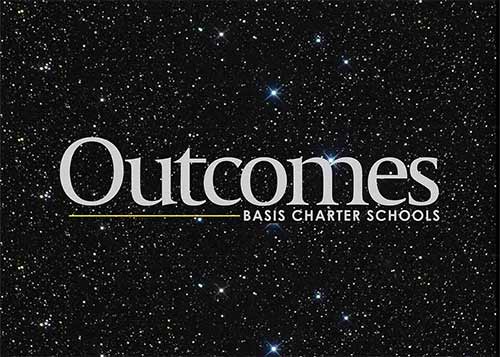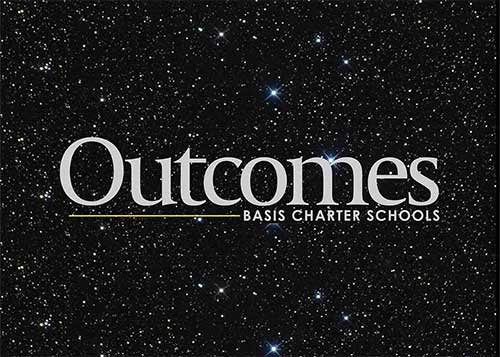Charter schools continue to offer exceptional education opportunities. The Arizona centered BASIS charter school network sweeps the top five national high school rankings in the US News & Reports Annual Ranking. BASIS charter schools have no admission requirements and openly accepts students based on a random lottery system due to the high demand for the public charter school.
The US News & Reports Annual Ranking evaluates schools on college readiness; AP tests and scores; and mathematics and reading proficiency. All five of the BASIS charter schools scored a perfect rating on college readiness. The charter schools scored between 25-40 points higher than the state average in math state assessments, and score between 40-50 points higher than the state average in reading state assessments on a 100-point scale.
The tuition-free, public charter school network was started in 1998 by two economists who believed the American public-school system’s low expectations result in unengaged students and poor outcomes. BASIS schools generally serve students between fourth and twelve grade and are known for their rigorous academic curriculum. The average student passes approximately twelve advanced placement (AP) classes, which qualify as about one college year depending on different university policies.
BASIS schools aim to prioritize teachers by making professional teaching a rewarding and valuable career path. BASIS believes the most crucial variable in the quality of schools are teachers. After highly qualified teachers are hired, they undergo comprehensive summer training and continue training throughout their career with a network of expert senior mentors.
Published in a 2014 BASIS report, in addition to bachelor’s degrees, 59% of teaching faculty have master’s degrees, and 11% have doctorate degrees, not including physical education teachers. BASIS encourages exceptional outcomes through bonuses for performance. Teachers are paid bonuses through a teacher pay fund created by donations and teachers receive set amounts for students who score well on AP exams. Six-thousand parents donated to the teacher bonus fund in 2017, and the school pays out 200, and 100 dollars per students who scored a 5, or 4 on an AP exam. Bonuses for performance can reach up to 10,000 dollars.
Schools like BASIS charter schools are based on the notion that different students have different needs, and the basket of traditional education reform ideas has failed.
Politicians have blamed the United States’ worsening K-12 international education rankings on funding and continue to throw money at failing systems. Multiple studies have found increasing educational funding does not yield improved educational outcomes. These findings highlight greater systemic and cultural problems are affecting our schools and exploring other successful educational models is necessary.
Charter schools and other school choice programs are reacting to the demand by parents for other options. Schools like BASIS charter schools represent the outcomes that can result from innovative ideas and not repeating conventional reform principles that have not gotten us very far.
Government administered schools are not immune to the principles of economics. Monopolies tend to supply inferior products at higher costs and lose incentives to innovate and provide improved products. Creating different options enables parents to choose what is right for their children, and forces schools to compete, bringing the best out of every school.









